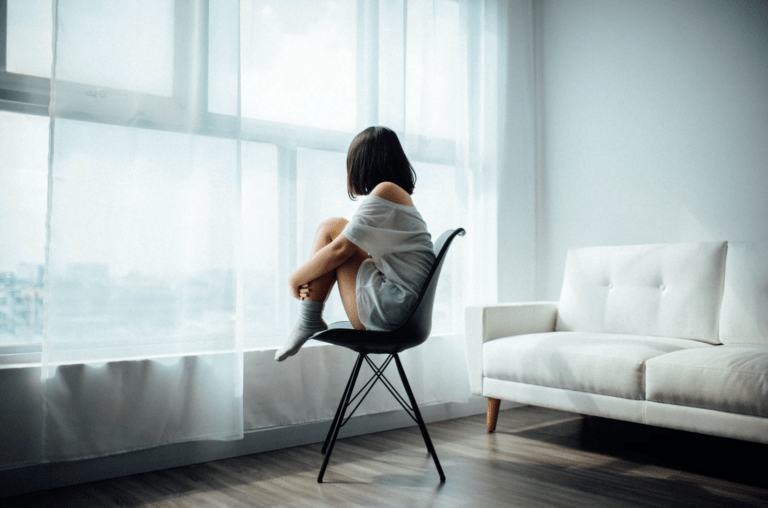
PopSugar – The Difference Between Celibacy and Abstinence (Yes, They’re Different)
Considering the difficulty of navigating the modern dating world, it’s

In this article for BBC.com, by Jessica Klein, Dr. Emily Jamea provides insight into how relationships have changed due to the stress of lockdown.
Before the pandemic, many couples lived like “two ships passing in the night”, says Houston, Texas-based sex therapist Emily Jamea. Previously overscheduled with out-of-home commitments, some partners found that pandemic-related lockdowns offered a much-needed respite. Being stuck at home let them slow down and take more time for intimate moments together – at first.
“Initially, the pandemic gave people the opportunity to… reconnect in a way that maybe previously they were only able to do on vacation,” says Jamea. As the pandemic wore on, however, it began to “take its toll” on intimate relationships, she says. “For the majority of couples, sexual desire kind of took a nosedive.”
Studies from around the world tell a similar story. Research conducted in Turkey, Italy, India and the US in 2020 all points to the decline in sex with partners as well as solo acts, directly attributed to lockdown. “I think a big part of the reason for that is because so many people were just too stressed out,” says Justin Lehmiller, social psychologist and research fellow at The Kinsey Institute, which conducted the US-based study.
For most, pandemic-induced lockdowns created an atmosphere of uncertainty and fear. Many experienced unprecedented health-related anxiety, financial insecurity and other significant life changes. Stress caused by these factors – not to mention the problems that arise from spending too much time with another person in a cramped, indoor space – contributed to the notable decline in partnered people’s sex lives.
In ways, the Covid-19 world has proven toxic for sexuality – so will we be able to snap back into our sexual selves after pandemic stress dissipates, or have our relationships suffered long-lasting damage?
A decline in desire
As Jamea observed, many couples did enjoy a short boost in their sex lives at the beginning of lockdowns. Rhonda Balzarini, a social psychologist and assistant professor at Texas State University, US, describes this initial spike in sexual desire as a “honeymoon” phase, when people react more constructively to stress.
“During this phase, people tend to work together. It might be when you’re going to your neighbour’s house and giving them toilet paper on the doorstep when they need it,” says Balzarini. “But then over time, as resources become more scarce, people become more stressed and the energy wears off, disillusionment and depression tend to set in. When that starts to happen is when we might be starting to see couples get in trouble.”
Read the full article on BBC.com. For more articles and interviews with Dr. Emily Jamea visit her blog.

Considering the difficulty of navigating the modern dating world, it’s

Great Day Houston – Dating Dilemmas During The Honeymoon Phase

As Valentine’s Day approaches and images of Cupid adorn our